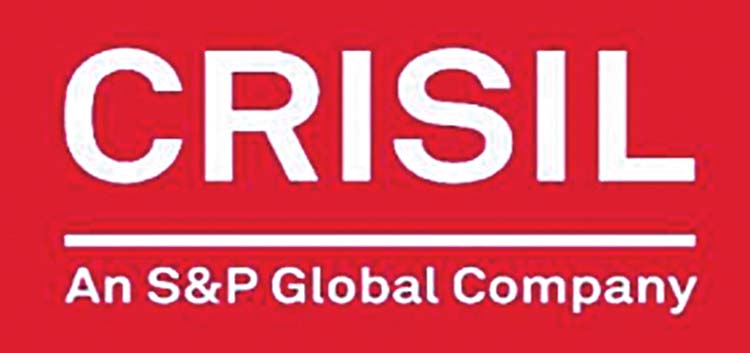New Delhi, April 29 (Mayank Nigam) India Inc likely logged a 4-6% revenue growth in January-March quarter (Q4) of financial year 2023-24 marking the slowest quarterly growth since recovery from the Covid-19 pandemic, research and rating firm CRISIL said in a report on Monday. CRISIL report is based on analysis of 350 companies (excluding financial services and oil and gas sectors). “The moderation, though, follows stronger growth in previous years and is, hence, on a higher base. Among the 47 sectors monitored by CRISIL, only 12 are expected to have clocked an improvement in revenue growth both sequentially and on-year for the quarter,” the rating agency said. The report said that consumer discretionary products and services likely led the show in the quarter.
As per the report, the automobiles sector was steered by healthy growth in passenger vehicles on the back of higher volumes and price hikes in the past year. The organised retail sector grew for the 13th quarter in a row, on healthy urban demand. Discretionary services, such as airlines and hotels benefited from MICE (Meetings, incentives, conferences and exhibitions), weddings and corporate travel segments rebounding. At the other end, the report said, revenue from construction-linked sectors likely grew at a tepid pace, essentially on account of a high base of the fourth quarter of fiscal 2023 that saw construction companies achieving their highest quarterly revenue. “Even with slower revenue growth in March Quarter, corporate revenue is estimated to have grown 8% in fiscal 2024.
In fiscal 2025, revenue growth should improve to 9-10%, driven by sectors less dependent on commodities and largely catering to the domestic market,” said Miren Lodha, Senior Director-Research, CRISIL Market Intelligence and Analytics. Lodha further said, “Consumer discretionary segments, comprising both goods and services, will grow despite easing of the post-pandemic release of pent-up demand. Growth in the consumer staples segment will pick up pace owing to resumption of rural demand.”

